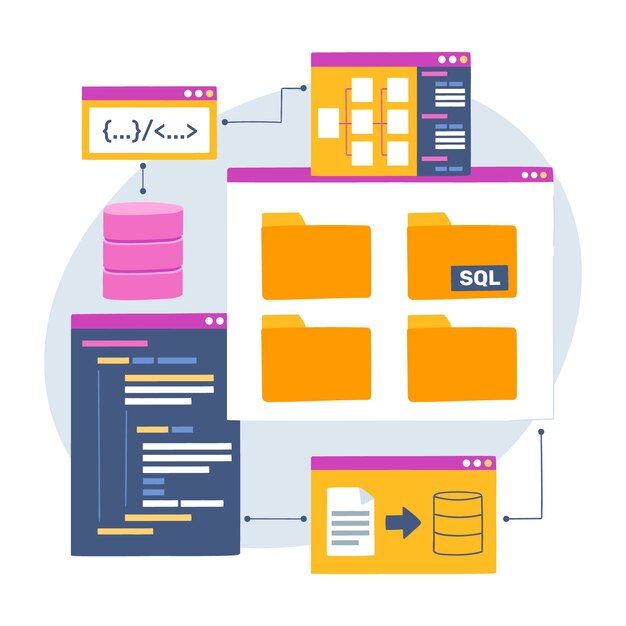DBMS
DBMS
Unit 1

Data Modeling, Types of Keys and Types of Attributes in DBMS
Entity, Entity types, entity set, Types of attributes (composite, derived and multivalued attributes) and keys (Super Key, candidate key, primary key)
31 March 2024
Read more

Distributed Data processing, schema and instances in DBMS
Data processing in database management System, schema and instances, data independence and Logical Data Independence, Physical Data Independence
31 March 2024
Read more

DBMS architecture, data Models and database approach
Database management system, Characteristics of database approach, DBMS architecture, client/server, data Models (Document-data-model).
31 March 2024
Read more

Entity Relationships, E-R, specialization and generalization
Relationships, relation types such as one-to-one , many-to-many, one-to-many, weak entities, enhanced E-R, specialization and generalization in DBMS.
9 April 2024
Read more
Unit 2

Types of Logical Operators (Between , IN, etc) in SQL DBMS
Types of Logical Operators in SQL BETWEEN IN AND OR NOT and Null Values: Disallowing Null Values, Comparisons Using Null Values
31 March 2024
Read more

SQL and Types of SQL Commands in DBMS
SQL queries and SQL command types such as Data Definition Language (DDL) , Data Manipulation Language (DML) and Data Control Language (DCL).
31 March 2024
Read more

Integrity constraints , Aggregate & Comparison operators in DBMS
Primary Key, Not NULL, Unique, Check, Referential key Introduction to Nested Queries, Correlated Nested Queries, Set-Comparison & Aggregate Operators
9 April 2024
Read more

Inner joins, Outer Joins, Views, Sequences, Indexes, Triggers
Inner joins, outer joins, left outer joins, right outer joins, and full outer joins, Views, Sequences, Indexes, Triggers and stored procedure in DBMS
9 April 2024
Read more

Relational Algebra in DBMS
Relational algebra is a formal language used to manipulate and query relational databases. It provides a set of operations that can be applied to relations (tables) to retrieve and transform data. This article will focus on the basic operations of relational algebra, namely selection and projection, as well as set theoretic operations like union, intersection, set difference, and division. Additionally, we will touch upon concepts from relational calculus, such as domain, tuple, well-formed formula, specification, and quantifiers. Throughout the article, we will provide simple explanations and code examples to help you understand these fundamental concepts of database management.
24 March 2024
Read more
